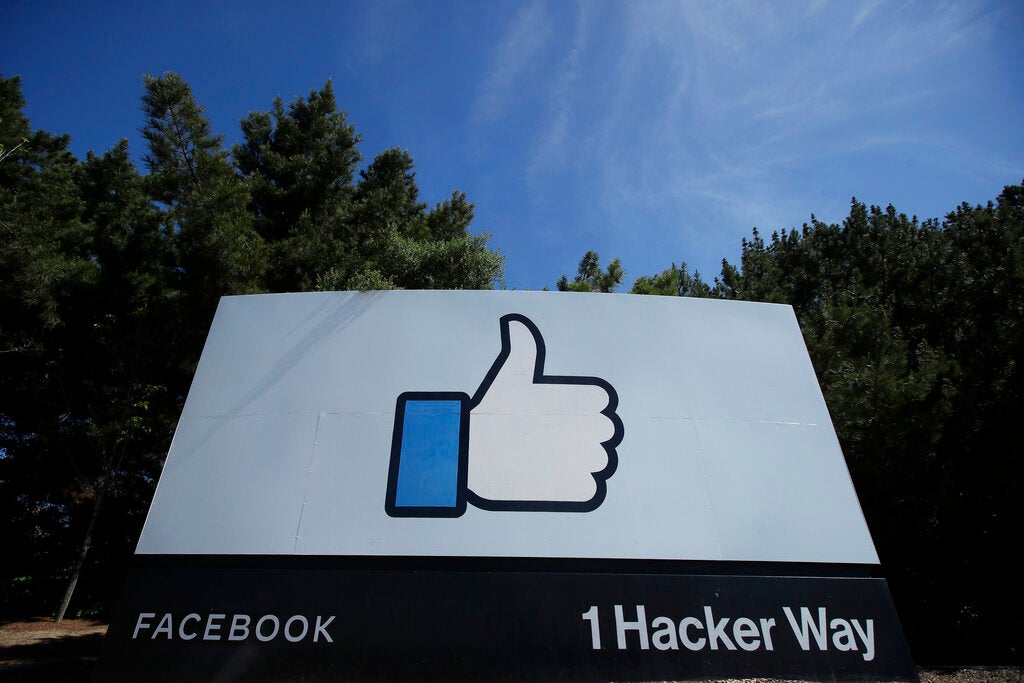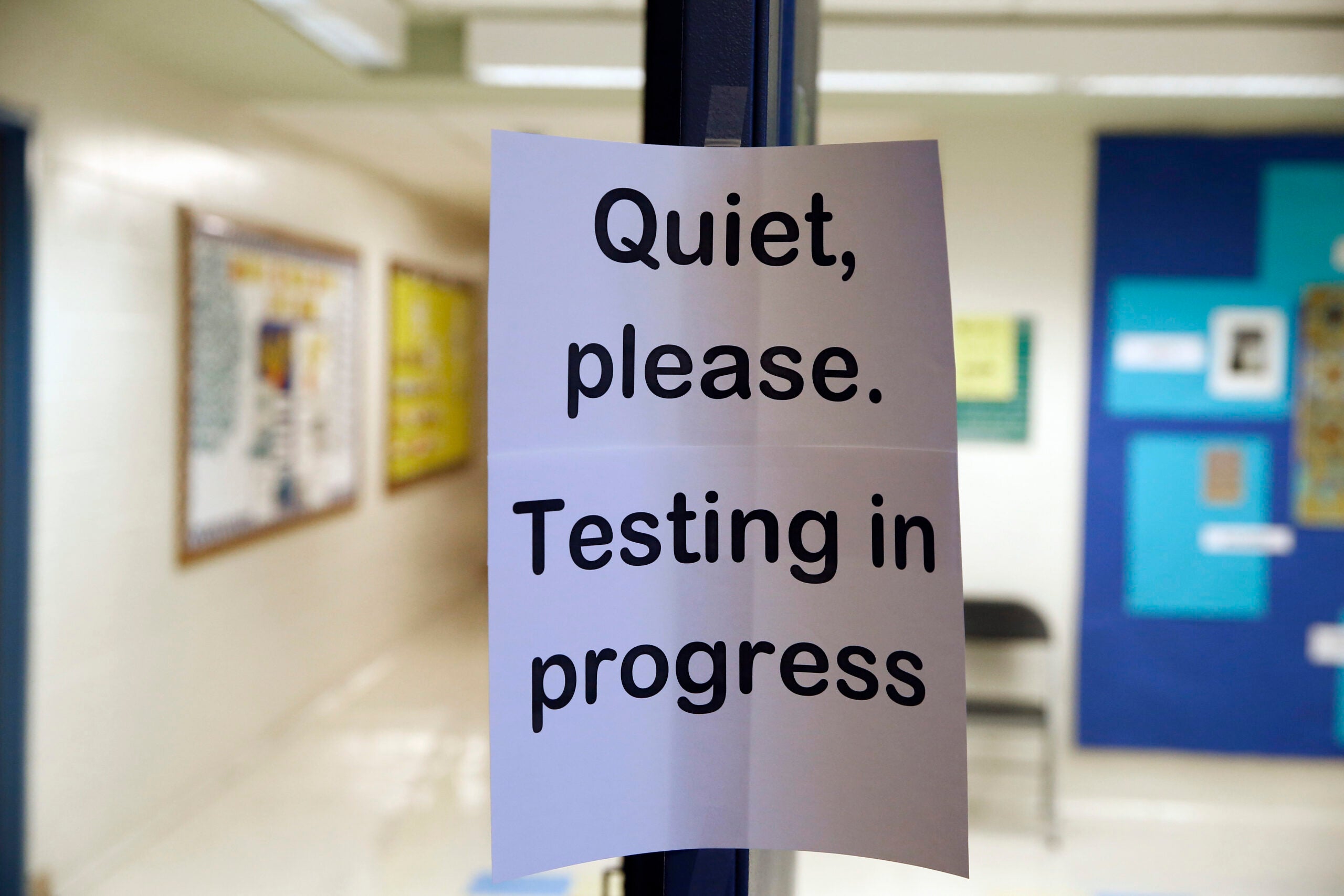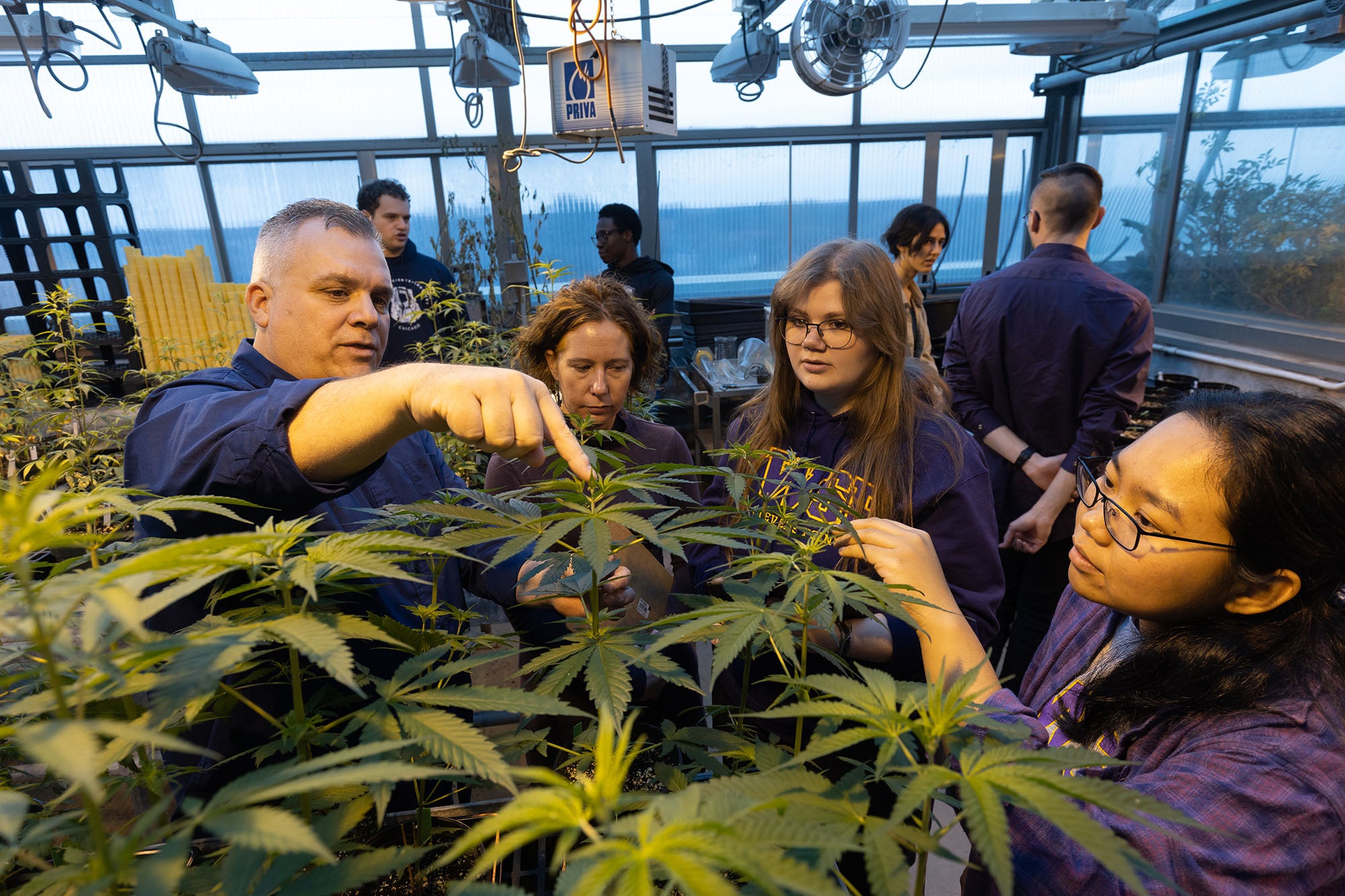Social media gives us access to more communication channels than ever before, but it also opens doors for disinformation to spread.
Online platforms did not create the problem, though.
University of Wisconsin-Superior writing professor Daniel Lawrence says disinformation and manipulation have been a societal problem for thousands of years, across a variety of communication methods.
Stay informed on the latest news
Sign up for WPR’s email newsletter.
The good news, Lawrence says, is that we can learn from how thought leaders of the past approached this problem and apply those lessons to how we evaluate media in the present.
He synthesized the ideas of ancient philosophers — and how they inform our present information ecosystem — in his new book “Disinformed: The History of Humanity’s Search for Truth.”
Lawrence talked on WPR’s “Wisconsin Today” about the history of disinformation and what it can teach us about combating the issue today.
The following was edited for clarity and brevity.
Kate Archer Kent: It’s easy to feel like misinformation and disinformation are a newer problem that didn’t happen as much in previous generations. Is that really the case?
Daniel Lawrence: No, and that’s precisely why I wanted to write this book. This conversation kept coming up with my students, like, “Hey, Socrates was talking about the exact sort of things that I’m hearing on the news about disinformation.” That’s a dialogue that was 2,400 years ago.
What do you do when you have someone who’s a talented speaker, but they’re completely devoid of ethics? Throughout history, we see numerous examples of this. We have thousands of years of propaganda, disinformation and misinformation.
KAK: Part of the problem is that it’s hard to pin down what is the truth. You argue that in philosophy, there are multiple forms of the truth that all have limitations. How does the concept of “truth” muddy the waters of how we evaluate information?
DL: You have a kind of scientific objective truth, but then what about our everyday lives? You can’t look up a peer-reviewed study when you’re making a decision about what kind of automobile you’re going to buy. There’s no absolute, scientifically perfect evidence that’s going to suggest how you should vote in any particular upcoming election.
We also have this divide between the subjective and the objective. We experience subjective truths that cannot be objectively verified. I can be experiencing an extraordinary amount of pain right now, and you can do some brain imaging, but ultimately there’s no way to get into another person’s subjective reality to verify the truth.
“What do you do when you have someone who’s a talented speaker, but they’re completely devoid of ethics?”
Daniel Lawrence
KAK: You argue that we need to be better rhetorical thinkers and rhetorical decision makers in order to combat disinformation. How do we build that skill set?
DL: There are some heuristics that are really still useful that ancient Greek thinkers developed. Aristotle, for example, has this classic triangle model: ethos, pathos and logos. Ethos is the dimension of credibility. Is this person an expert on the topic on which they are speaking? Do you know them to be a trustworthy individual?
You can look at pathos, which is the dimension of emotion. How is some message trying to play with your emotion? A lot of political messaging is based on fear or anger, trying to rile you up to get you to believe a certain thing or think a certain way.
You can also look at the logos of a particular claim and think about, “Is this a logically constructed argument? Are they committing some kind of logical fallacy?”
KAK: What do you think about the power of language and the power of storytelling? You describe being in Grant Park in 2008 when former President Barack Obama was first elected president and the energy you were hearing and feeling around you. How do powerful moments like that inform the way we go about our world?
DL: It’s something about kairos. This is an idea from the ancient Greek philosopher Gorgias. Kairos is the idea of opportune time, something kind of bubbling up. We see this in the Arab Spring. We see it in social movements like the Black Lives Matter movement. We see this confluence of things happening all at once that allow for new realities to emerge in the political, social and economic landscapes.
This is debated about whether you can institute something like this. Can you be an agent or a cause of change? Or is this material reality just convalescing and coming together and making this happen? I tend to think that individuals are active participants in the world that we’re creating, and so you can actually influence the kairos of the moment.
Wisconsin Public Radio, © Copyright 2025, Board of Regents of the University of Wisconsin System and Wisconsin Educational Communications Board.



